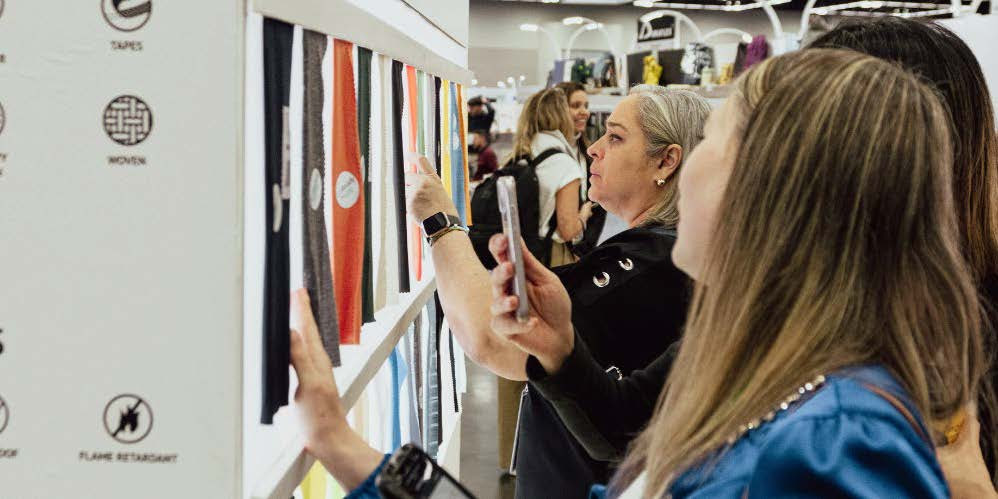Facing substantial new tariffs imposed by the United States, Sri Lanka is urgently requesting India to significantly expand its apparel export quota under their existing Indo-Lanka Free Trade Agreement. Vjitha Herath, Foreign Minister, Sri Lanka, announced the country is seeking an increase to 50 million units, a considerable rise from the current 8 million.
The Sri Lankan government has also asked India to boost the quota's value by $500 million, arguing that the 25-year-old agreement no longer reflects the current market size.
These appeals follow the US, under a formula reportedly linked to President Donald Trump and based on the trade deficit with Sri Lanka, levying a 44 per cent tax on the island nation. The US claims this accounts for Sri Lanka's tariff and non-tariff barriers. In comparison, India faces a 27 per cent tax under the same US calculation, providing it with a significant advantage in the US market. Several Sri Lankan firms also operate within India, exporting globally.
President Trump's trade policies are being criticized as an attempt to establish a ‘Sri Lanka style protectionist utopia,’ rooted in a mercantilist view of trade deficits. Critics note that the US formula excludes services imported from America, and the European Union is considering retaliatory measures on US services. Despite this, the US remains the world's second-largest exporter.
While Sri Lanka's direct import duties are capped at 20 per cent, the nation employs significant CESS and Port and Airport Development levies. These have been described as creating a complex and burdensome tax system, potentially favoring businesses with political connections from the previous Rajapaksa administration, affecting goods like dairy, shoes, building materials, and maize.
Sri Lanka's move towards protectionism began in November 2024 with new taxes implemented swiftly after foreign exchange shortages. The Office of the US Trade Representative had previously noted Sri Lanka's shift away from liberalization due to declining foreign reserves, aiming to protect domestic industries. They also pointed out that these levies, combined with tariffs, pushed import charges on most finished goods above 48 per cent, leading to complaints from US exporters.
Economists and business leaders are now cautioning President Trump that his sudden tariff plan could lead to similar negative consequences experienced by Sri Lanka.












